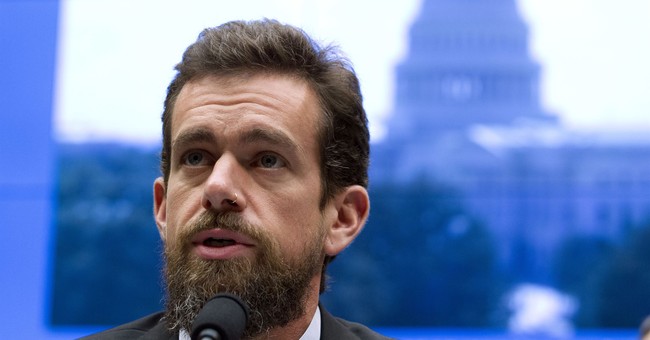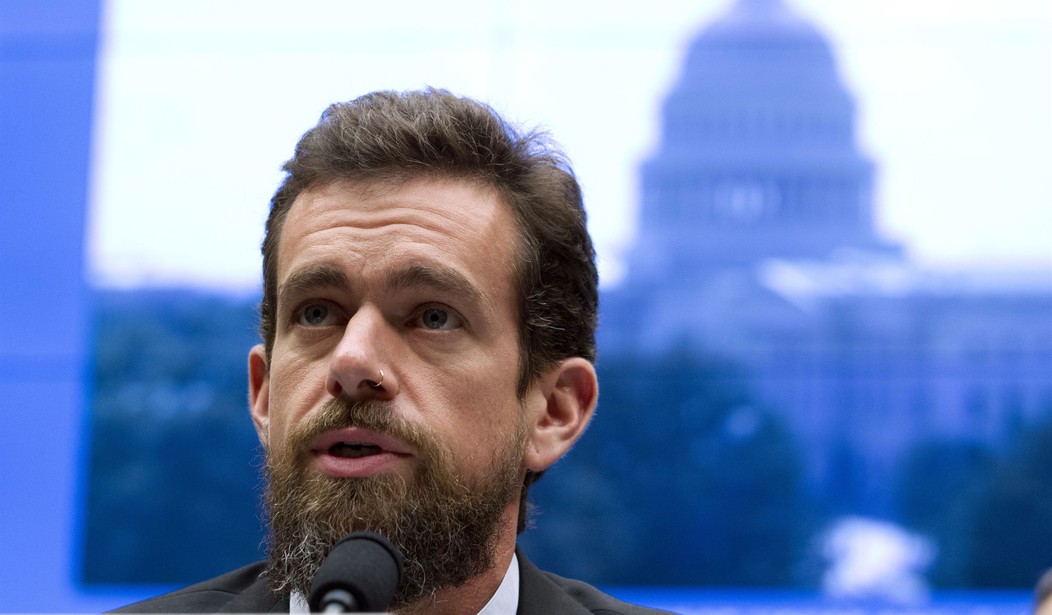
James Baker isn’t as well-known a name as some of the other Russia collusion cronies, but those who have studied the news reports remember his role. He was the FBI General Counsel who helped obtain fraudulent FISA warrants to surveil Trump associate Carter Page and — perhaps even more notably — was one of the agency lawyers who met with a Perkins Coie attorney weeks before the 2016 election and before the warrants to spy on the campaign were pushed through using the fabricated Steele dossier.
And now he works at Twitter.
Thrilled to welcome @thejimbaker to @Twitter as Deputy General Counsel. Jim is committed to our core principles of an open internet and freedom of expression, and brings experience navigating complex, global issues with a principled approach.
— Sean Edgett (@edgett) June 15, 2020
Twitter has hired Baker, according to Fox News, to help manage the legal wrangling sure to come over the contentious provision of the Communications Decency Act, Section 230.
Baker is likely to be heavily involved in defending the company’s protections under Section 230 of the Communications Decency Act, which limits liability for platforms, like Twitter, that allow anyone to publish content.
Trump and some Republicans have argued that because they remove and modify content in an allegedly politically biased way — like when Twitter flagged multiple Trump tweets with warning labels — Twitter and other social media platforms that take similar actions should lose their Section 230 protections.
What to do about Section 230 is an interesting policy debate that is legitimately without precedent. At issue is the legal liability (or lack thereof) of companies like Twitter that cannot be held responsible for what users post because they are little more than a public forum for discussion. The Trump administration, arguing that Twitter (and other tech companies) act more as a publishers rather than public forums when they curate content, recently released an executive order intended to stop online censorship of political opinions and named Twitter specifically.
Online platforms are engaging in selective censorship that is harming our national discourse. Tens of thousands of Americans have reported, among other troubling behaviors, online platforms “flagging” content as inappropriate, even though it does not violate any stated terms of service; making unannounced and unexplained changes to company policies that have the effect of disfavoring certain viewpoints; and deleting content and entire accounts with no warning, no rationale, and no recourse.
Twitter now selectively decides to place a warning label on certain tweets in a manner that clearly reflects political bias. As has been reported, Twitter seems never to have placed such a label on another politician’s tweet. As recently as last week, Representative Adam Schiff was continuing to mislead his followers by peddling the long-disproved Russian Collusion Hoax, and Twitter did not flag those tweets. Unsurprisingly, its officer in charge of so-called ‘Site Integrity’ has flaunted his political bias in his own tweets.
Baker, it’s assumed, will be working on Twitter’s Section 230 battle against the administration. Meanwhile, U.S. Attorney John Durham continues his investigation into the Russia collusion origins and rumors are swirling that subpoenas are being prepared and charges recommended.
Given Baker’s past relationship to the Trump administration — he admitted to House investigators he was personally involved in obtaining FISA warrants we now know used the fraudulent dossier, and he was meeting with Hillary Clinton’s lawyers, who helped secure payment for the dossier, before the election and before those warrants were secured — the message to the administration from Twitter is clear.
They mean to fight.












Join the conversation as a VIP Member